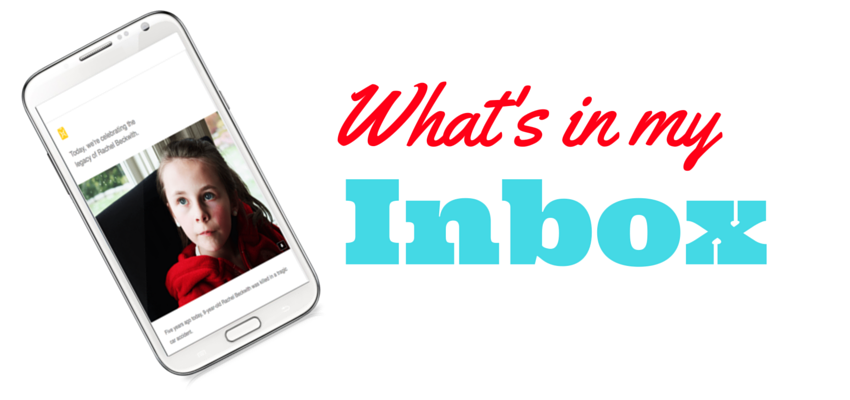
The other day, an email from EmbraceRace landed in my inbox.
EmbraceRace is a former client and an organization I deeply respect. Their mission? Helping parents talk to kids about race. Raising a brave generation. Together.
The email told Sharon’s story.
Sharon is a White mom raising three young White daughters in a Black neighborhood in Philadelphia. She and her husband moved there after being shattered by the murders of Trayvon Martin, Michael Brown, Eric Garner, and others.
They were also troubled by their church’s silence.
So Sharon started reading. Black writers. Black perspectives on race and history. She learned things she’d never known. Things that made her rethink everything.
When they returned to the U.S. after six years abroad, Sharon told her husband: “We cannot go to a church where the pastor is white. We need to be under Black leadership.”
They rented for six years to avoid fueling gentrification. They only bought their house after talking with their Black neighbors. Their daughters attend mostly Black schools. All their books feature children of color as protagonists. None of their dolls is White.
“My daughters are living my convictions,” Sharon says.
The email’s closing line hit me hard:
“Having convictions is easy. Living them is the real act of faith.”
So What Does This Have To Do With Fundraising?
Everything.
Here’s what I know after 30+ years in this field:
Most fundraisers believe in donor relationships. They have convictions about treating donors well. About saying thank you. About building real connections.
But believing isn’t the same as doing.
And here’s what else I know: When you actually pick up the phone and call your donors to say thank you? You discover your supporter’s BIG WHY.
You learn what Sharon learned. What drove her to make radical choices. What mattered enough to change everything.
Your Donor’s BIG WHY Is Gold
Sharon’s story shows us something crucial about donors. Every donor has a reason. A BIG WHY. The thing that drives them to give.
Maybe they lost someone to cancer. Maybe they grew up poor. Maybe they witnessed injustice that shook them to their core.
That WHY is powerful. It’s personal. It’s the key to everything.
And you can’t discover it from a database. You can’t learn it from a donation form. You can only learn it by talking to people.
This is why I’ve always insisted that fundraisers make thank-you calls a regular practice.
Not to ask for more money. Not to pitch anything. Just to say thank you and listen.
Because when you listen? Donors tell you their stories. They share their WHY.
What Happens When You Know Their WHY
Once you know why someone gives, everything changes.
You can write appeals that speak directly to their heart. You can share stories that matter to them. You can show them the impact they care about most.
You stop sending generic newsletters. You start building real relationships.
And here’s the best part: Your retention rates go up. Way up.
Studies show that making thank-you calls can reduce donor attrition by a third. One-third! That’s huge.
Because donors who feel seen and heard? They stick around.
The Practice: Make The Calls
I’ve written about this before. Multiple times. Because it works.
Make thank you calls within 48 hours of receiving a gift. Call new donors first. Then call donors who gave more than last time. Then call everyone else.
Keep it short. Three minutes max.
Say thank you. Ask them what inspired their gift. Listen. Really listen.
Don’t ask for anything. Don’t pitch anything. Just be grateful.
These calls aren’t complicated. But they’re powerful.
Like Sharon, making intentional choices about where to live and worship and send her kids to school, you’re making an intentional choice to invest in relationships.
You’re living your convictions.
But Who Has Time For That?
I hear you. You’re already overwhelmed. Your to-do list is endless. You’re understaffed and overworked.
Making thank-you calls feels like one more thing you don’t have time for.
Our fractional fundraising program was created for you.
Because you need help. Real help. From experienced fundraisers who know what works. You get better retention. Happier donors. More time to focus on what only you can do.
Want to learn more? Check out our fractional fundraising program.
Living Your Convictions
Sharon’s story reminded me of something important.
Having convictions is easy. Living them is hard.
You believe in donor relationships. You know thank you calls matter. You have convictions about treating donors well.
Now it’s time to live those convictions.
Pick up the phone. Make the calls. Discover the stories.
Click the image below to download this What’s in My Inbox email.
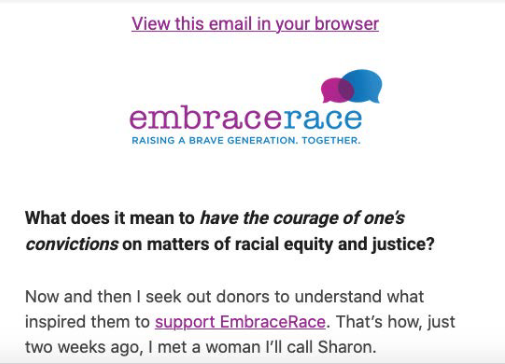
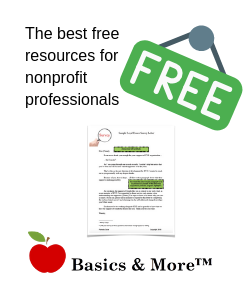
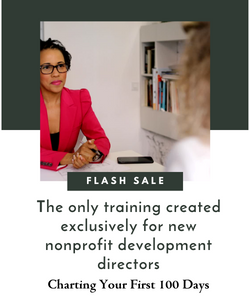
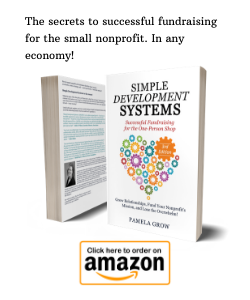
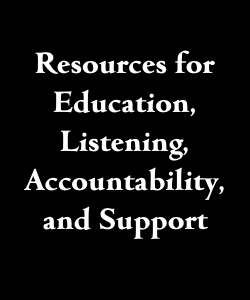

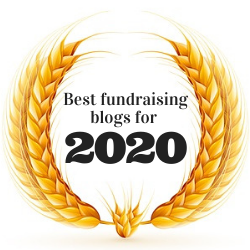

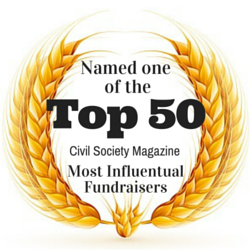
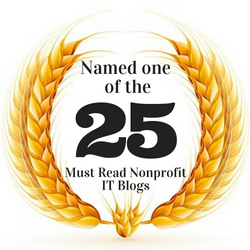



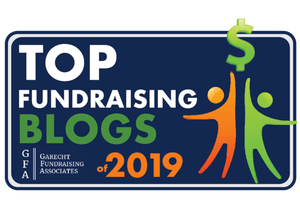
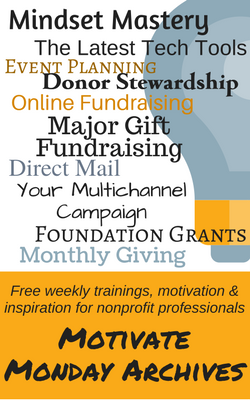

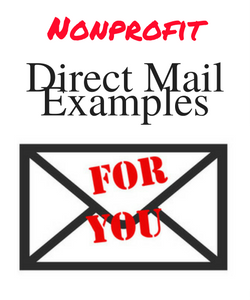
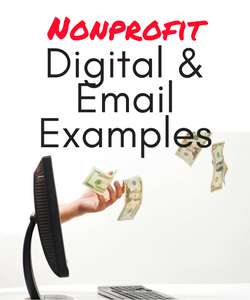

 I can’t wait to meet with you personally.
I can’t wait to meet with you personally.
Comments on this entry are closed.